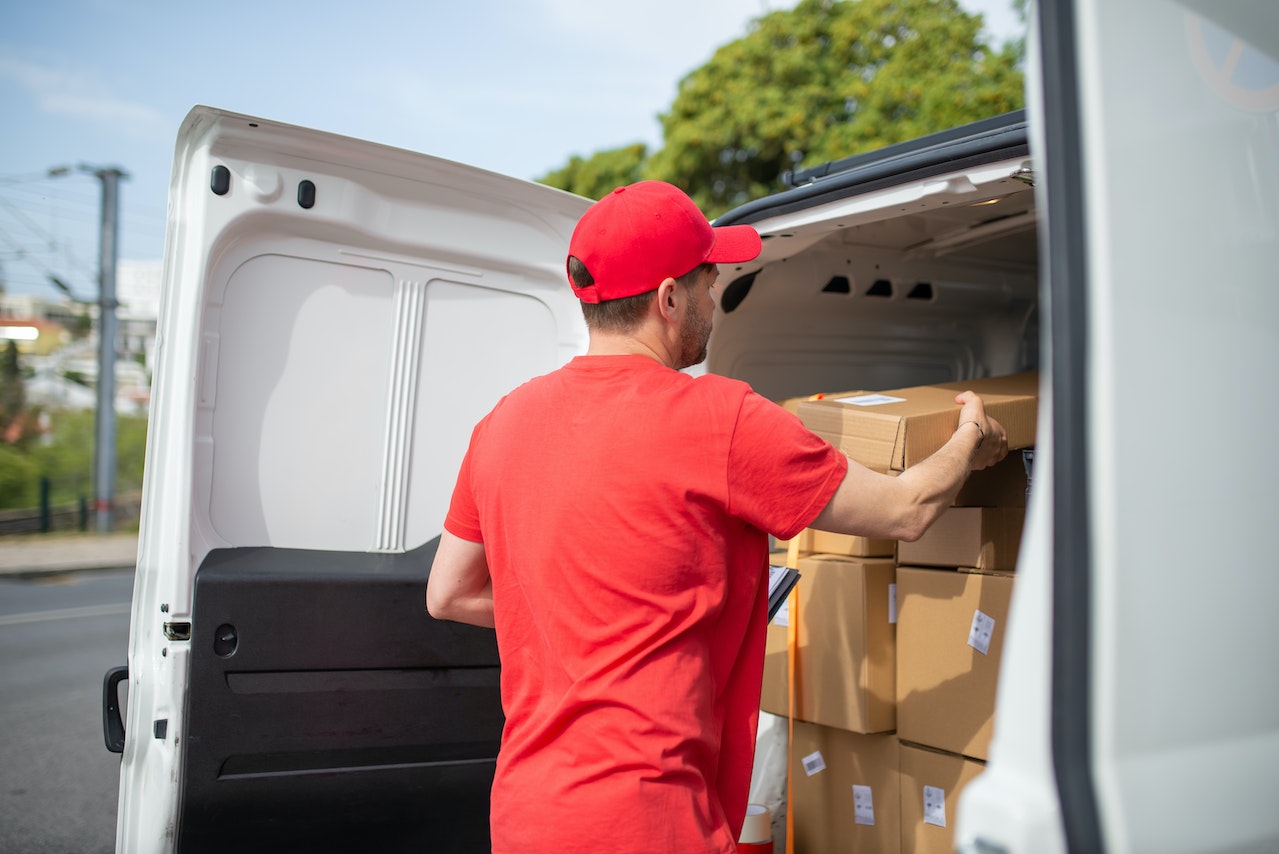
Ecommerce Shipping In Singapore: A Comprehensive Guide For Businesses
Business owners in Singapore see the potential of e-commerce to expand their customer base and boost their bottom line. OneShip Shopify Shipping, the process by which items are moved from the vendor to the purchaser, presents one of the biggest obstacles to online shopping. Singapore’s shipping restrictions and options can make the procedure seem convoluted. This detailed book provides businesses of all sizes with actionable tips and tactics for navigating the world of ecommerce shipping singapore. Everything about Singaporean ecommerce shipping is covered here, from picking the best courier to giving tracking numbers for your shipments. Businesses can improve their shipping process and stand out in Singapore’s competitive ecommerce industry by following other guidelines like giving accelerated shipping alternatives, employing eco-friendly packaging materials, and offering free return shipping. Businesses can enhance sales and customer loyalty by providing a pleasant shopping experience for customers by employing these tactics. In conclusion, this book is an excellent resource for anyone interested in e-commerce in Singapore, as it provides helpful information for firms that want to enhance their shipping methods.
Shipping Options in Singapore
Singaporean businesses can select from a number of different shipping alternatives, including local couriers, overseas couriers, and the postal service. Shipping within Singapore is normally handled by local couriers, while shipping internationally is handled by international couriers. Businesses also have the option of using the mail, which is typically slower than using a courier service.
As an extra hint, it’s worth looking into whether or not the courier service you’re considering offers discounts for volume shipments or repeat customers. Shipping charges can be negotiated down, and expedited services like same-day delivery can be arranged for, by businesses using courier services.
Choosing the Right Courier
For successful e-commerce delivery in Singapore, choose the proper courier is crucial. While deciding on a courier, businesses should take into account delivery speed, pricing, dependability, and quality of service provided to customers. SingPost, DHL, FedEx, and UPS are just a few of the many reliable courier services in Singapore.
A shipping aggregator, which is a website that gathers and compares shipping quotes from many carriers, is another option for businesses. This can assist companies in determining which delivery method will meet their needs while remaining within their budget.
Shipping Costs
While conducting business online, shipping expenses must be taken into account. When pricing a product, businesses should account for the cost of shipping. The price of shipping a package to a specific location in Singapore depends on its size, weight, and origin. It’s crucial to shop around for the best rate before committing to a courier because of the wide variety of pricing schemes they use.
Another Suggestion: Companies can think about giving away shipping costs to clients who buy over a particular amount. Incentives like these can help boost sales and cover the expense of shipping for businesses.
Shipping Labels
In Singapore, e-commerce shipping requires the use of shipping labels. Among other things, they detail who the buyer and the vendor are and provide a unique tracking number. To reduce delays in delivery, businesses should make the shipping label easily legible.
For added cost and time savings, businesses should think about printing their shipping labels from home. Simple equipment, including a printer and some label paper, is all that’s required for this.
Packaging
Packaging is essential for Singapore e-commerce delivery. If you want your packages to make it through the mail without getting damaged, pack them like a champ. A company’s choice of packaging materials should be informed by the type of product it is shipping. Items that are fragile or large may need additional packaging materials like bubble wrap or foam to ensure their safe arrival.
Eco-friendly packaging options include biodegradable bubble wrap and recycled cardboard boxes, both of which might be used by businesses. This can set the company apart from rivals and win over eco-conscious clients.
Customs and Duties
Companies sending packages overseas from Singapore must comply with local customs and tax laws. Imported commodities are subject to customs duties, which are a kind of taxation. Singapore’s customs fees are not uniform among goods and countries of origin. While setting prices, businesses should account for these expenses.
A customs broker is a professional who specialises in customs rules and helps firms negotiate the complicated process of importing and exporting goods. This can reduce the potential for mistakes and holdups, saving time and effort.
Delivery Times
In business, delivery times are crucial to the success of both the company and the client. It is the responsibility of businesses to ensure that packages are delivered to their customers within the allotted time frame. Depending on the location and the nature of the package, couriers often provide anticipated delivery times.
For clients who are in a hurry, it is recommended that companies provide expedited shipping choices. Companies can get an edge in the market and attract customers ready to pay more for expedited shipping if they offer this service.
Tracking Shipments
An integral part of Singapore’s ecommerce shipping is the ability to track packages. There should be a system in place whereby clients can trace the progress of their item from the moment they get it. Customers can check on the whereabouts of their delivery and make educated guesses as to when it will arrive.
Further Suggestion: Companies could think about providing real-time tracking updates to consumers, as this can improve customer satisfaction and cut down on enquiries regarding the status of shipments.
Returns and Refunds
In Singapore, returns and refunds are a standard part of online shopping. There shouldn’t be any ambiguity about the company’s return/refund policy. It is critical that this policy is communicated properly to customers.
One other thing: if your company sells something that customers might want to return, think about giving them free return shipping or a prepaid shipping label. Improved service and loyalty from patrons can result from this.
Conclusion
In conclusion, ecommerce shipping in Singapore can be difficult, but with the correct tactics in place, companies can guarantee the timely and secure delivery of their packages. This all-inclusive manual helps companies of any size find the best courier, pack their goods securely, provide tracking information, and comply with local customs and tariffs rules. Businesses can enhance sales and customer loyalty by providing a pleasant shopping experience for customers by employing these tactics. With the help of the additional advice provided in this guide, companies can further improve their shipping procedure and stand out in the crowded Singaporean ecommerce sector. This book provides helpful insights and best practices for ecommerce shipping in Singapore, whether you’re a small business just starting out or a major corporation trying to optimise your shipping process. Businesses can succeed in Singapore’s expanding e-commerce sector by adopting these practices and keeping abreast of shipping innovations specific to online retail.


